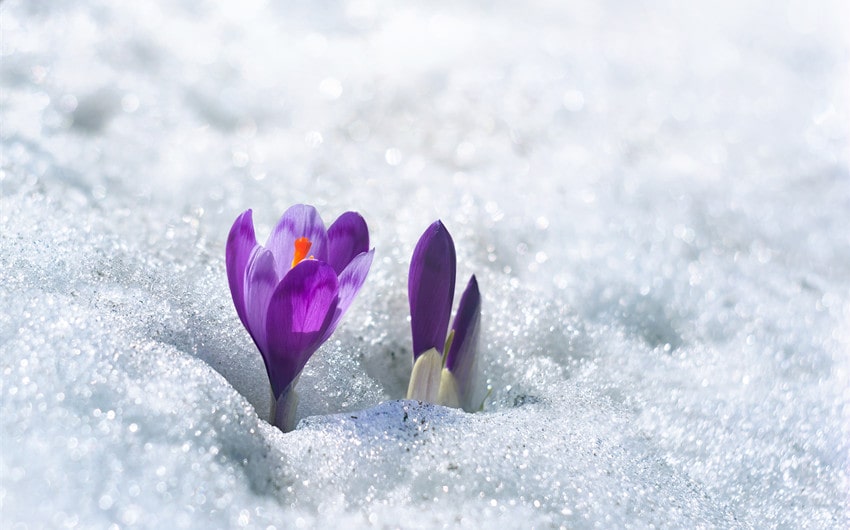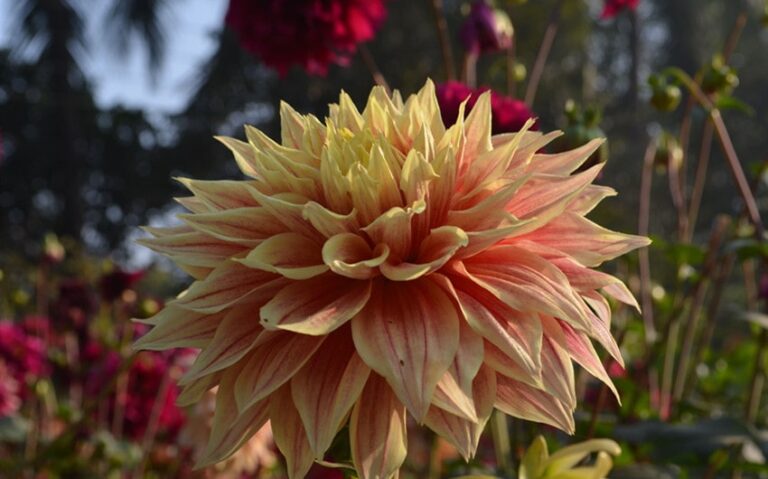Japanese Names That Mean Snow and the Peaceful Beauty They Reflect
Snow carries a quiet kind of beauty — calm, fleeting, and pure. When you explore Japanese names that mean snow, you discover something deeper than a season or a landscape. You find names that express grace, stillness, and the peaceful strength that comes from simplicity.
The Meaning of Snow in Japanese Culture
In Japanese culture, snow has long symbolized purity, serenity, and transience. It reminds you of the beauty in stillness — how silence can feel alive, and how something delicate can also be powerful. Snow also represents renewal. Just as it melts to nourish the earth beneath, it reminds you that endings and beginnings often exist together.
In traditional art and poetry, snow appears as a metaphor for calm reflection and impermanence. The haiku poet Bashō often used snow to express moments of awareness — not sadness, but acceptance. A name connected to snow carries that same spirit. It’s gentle, contemplative, and quietly strong.
Why Snow Makes a Beautiful Name Meaning
When you think about snow, you might imagine softness and silence. But beneath that stillness lies resilience. Every snowflake forms under pressure, shaped by wind and temperature, yet lands gracefully. A name that means snow reflects that same duality — softness with strength, calm with endurance.
Choosing a snow-inspired Japanese name can also symbolize renewal, hope, and light. Snow reflects the world’s brightness even in winter’s coldest moments. It’s a reminder that beauty can exist even in stillness, and that peace doesn’t always mean absence of motion — sometimes it means harmony within it.
Japanese Snow-Inspired Names and Their Meanings
Japanese names are often formed from kanji, where each character adds layers of meaning. The same name can change its essence depending on which characters are chosen. Here are some names that mean “snow” or are closely connected to its imagery and symbolism:
- Yuki (雪 / 幸 / 優希) – One of the most common and beautiful names meaning “snow.” Depending on the kanji, it can also mean “happiness,” “hope,” or “gentleness.” It’s soft, timeless, and full of grace.
- Yukiko (雪子) – Means “snow child.” It’s a classic name that conveys purity, innocence, and elegance.
- Yukina (雪菜 / 雪奈) – Means “snow” combined with “greens” or “endurance.” It carries the image of life growing through winter — quiet resilience beneath beauty.
- Yukiyo (雪代 / 雪世) – Means “snow world” or “generation of snow.” It evokes imagery of a winter landscape — peaceful, bright, and full of reflection.
- Yukine (雪音) – Means “sound of snow.” A poetic name that captures the silence of falling snow and the beauty found in calm moments.
- Setsuna (刹那 / 雪那) – Can mean “moment” or “snowy grace.” It represents fleeting beauty — a reminder to appreciate the present.
- Fuyuki (冬雪) – Means “winter snow.” It’s strong and clear, symbolizing endurance and clarity during difficult seasons.
- Yukari (雪梨 / 雪里) – Combines “snow” with “pear” or “village.” It suggests connection to nature and simplicity.
- Yukihiro (雪広 / 雪大) – A masculine name meaning “broad snow” or “great snow.” It expresses openness, freedom, and strength.
- Yukio (雪雄 / 幸夫) – Means “snow hero” or “man of happiness.” It blends purity with courage — gentle but firm in spirit.
- Fuyuko (冬子) – Means “winter child.” Simple and serene, it holds the quiet grace of the cold season.
- Yukiya (雪也 / 幸哉) – Can mean “snow also” or “fortunate.” It reflects peace and harmony with the natural world.
- Yukinari (雪成 / 幸成) – Means “snow becomes” or “happiness achieved.” It speaks of growth through calmness.
- Yukiho (雪穂) – Means “snow spike” or “snow grain.” A poetic name that reflects purity and abundance together.
Each of these names carries a different nuance of snow — some soft and delicate, others strong and enduring. That’s what makes Japanese naming so expressive. The sound may be similar, but the kanji reveal entirely unique meanings.
The Symbolism of Snow in Life and Identity
When you choose a name that means snow, you’re also choosing a mindset. Snow teaches you to slow down, to see beauty in quiet places, and to understand that even silence has life in it. It’s a lesson in patience and renewal.
In many ways, snow mirrors human growth. It falls gently, disappears, and returns — just like the cycles of change and rest in your own life. A snow-inspired name becomes a reflection of this rhythm — a reminder that even when everything feels frozen, life is quietly preparing to bloom again.
There’s also humility in snow. It doesn’t boast or linger for attention; it transforms everything it touches and then fades. It teaches softness without weakness, surrender without loss. Carrying a name that means snow is like carrying that wisdom within you — a quiet reminder to be steady, kind, and open to renewal.
How to Choose a Japanese Snow-Inspired Name
Choosing the right name takes time and reflection, especially with Japanese names where kanji add layers of depth. If you’re drawn to snow symbolism, think about what quality of snow speaks most to you. Is it the purity, the silence, the resilience, or the light?
- Start with sound — do you prefer something short and soft, like Yuki, or something lyrical like Yukiko?
- Consider gender neutrality — many snow names in Japanese can be used for any gender depending on kanji choice.
- Look at meaning combinations — pairing “snow” with “hope,” “world,” or “light” can create names with deeper resonance.
- Reflect on emotion — do you want a name that feels peaceful, poetic, or strong?
- Trust intuition — often, the right name feels calm and familiar even before you know its meaning.
When you find the right name, it will feel balanced — not just in meaning, but in how it reflects what you value most. That’s what makes Japanese names so special: the harmony between sound, symbol, and soul.
Snow as a Mirror of Inner Peace
Snow invites you to pause. It slows the world and softens its edges. When you look at it, you see clarity — a kind of stillness that helps you notice what matters. A snow-inspired name holds that same clarity. It becomes a reflection of peace within motion, of finding calm even as life keeps moving forward.
In Japanese art, snow is often depicted alongside cranes, pine trees, or mountains — all symbols of longevity and endurance. Together, they tell a quiet truth: peace doesn’t come from escape, but from acceptance. Choosing a snow-related name is like carrying that understanding with you — the awareness that peace is always possible, even in life’s coldest moments.
Final Thought
Japanese names that mean snow capture the beauty of stillness, the grace of resilience, and the quiet strength found in gentle things. They remind you that purity isn’t about perfection — it’s about presence. When you carry a name inspired by snow, you carry a reflection of peace itself: soft, steady, and full of quiet light.






